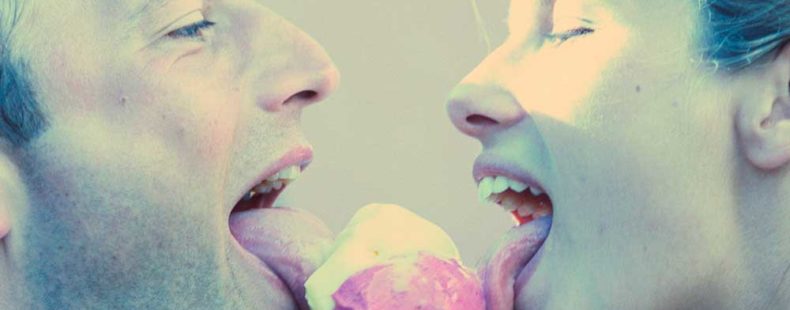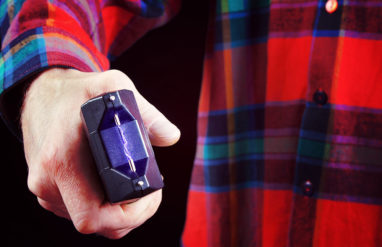Sweets for Your Snookum
The bonds between you and your loved ones are indescribable. You love them more than words can say. And that soaring feeling when you nibble a delicious sweet treat? That’s also a joyful love. So, naturally, we give our loved ones tasty nicknames because that’s the best we can do! On the menu are some of the lovable edible endearments we give the ones we can’t get enough of.





















